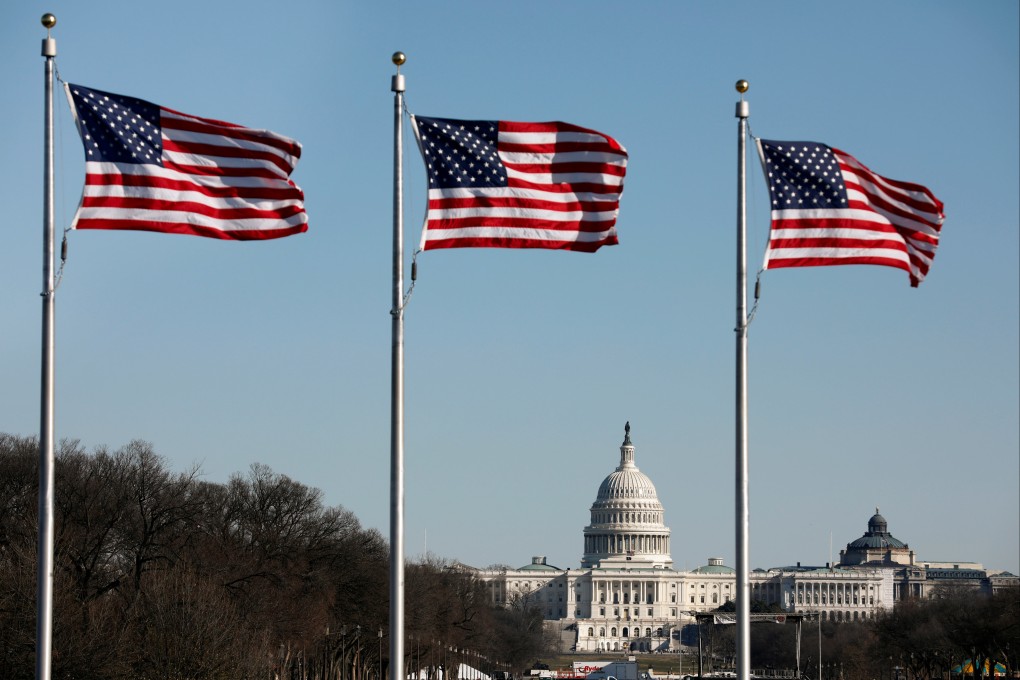What latest US privacy row says about Washington’s concerns about security threats from China
- Plans to expand the scope of surveillance powers highlight a shift in focus to cybersecurity and the role of states like China, according to one analyst
- A planned vote in Congress on the measures was pulled following a major backlash from human rights and privacy activists

A vote on the bill – which sought to reauthorise a clause in the Foreign Intelligence Surveillance Act (Fisa) expiring on December 31 – has been pulled following a fierce backlash from rights groups and privacy experts over data collection.
As part of this process, earlier this month the House Permanent Select Committee on Intelligence called for a new definition of what it called an “electronic communication service provider” to include “equipment that is being or may be used to transmit or store” communications.
It builds on the existing law – Section 702 of Fisa – that allows the US government to compel communication service providers, such as phone and email providers, to disclose communications of individuals outside the US for foreign intelligence purposes without a warrant.
Faizal Bin Abdul Rahman, a research fellow at the S Rajaratnam School of International Studies in Singapore, said the bill showed that Washington now viewed its threats as having evolved from primarily “physical terror plots to a broad range of threats”.
These new threats, he said, included critical and emerging technologies such as infrastructure and communications – areas that are vulnerable to cyberattacks.